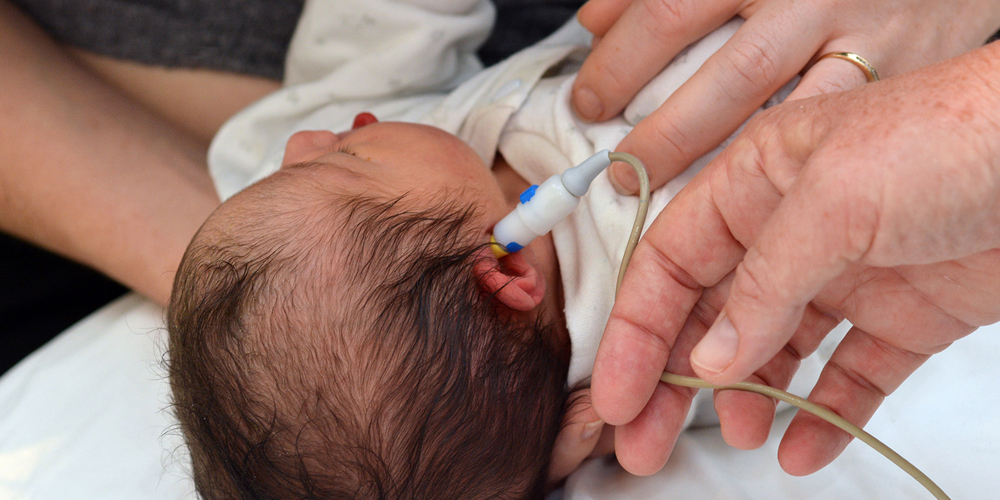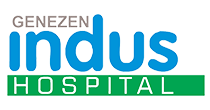NENO provides in house Paediatric ENT services which is headed by senior ENT surgeon who has vast experience in the field .
Newborn auditory screening, also known as newborn hearing screening, is a crucial process to identify hearing loss or hearing impairment in infants shortly after birth. Here’s an overview of newborn auditory screening:

The primary goal of newborn auditory screening is to detect any potential hearing loss in infants as early as possible. Early identification allows for timely intervention and appropriate support for language and speech development.
Newborn auditory screening is typically conducted within the first few days or weeks of a baby’s life. It is best to perform the screening before the baby leaves the hospital or birthing center.
There are two primary methods used for newborn auditory screening:
a. Otoacoustic Emissions (OAE): This test measures the sound waves generated in the inner ear in response to a sound stimulus. A small probe is placed in the baby’s ear, and the response is recorded. If the baby’s inner ear is functioning properly, measurable emissions are detected.
b. Auditory Brainstem Response (ABR): This test measures the electrical activity of the auditory nerve and brainstem in response to sound. Electrodes are placed on the baby’s scalp, and a series of sounds are presented. The responses are recorded and analyzed for any abnormalities.
Both OAE and ABR screenings are non-invasive and painless for the baby. The tests are typically completed within a few minutes, allowing for efficient and quick assessment.
If the screening results indicate a potential hearing loss or if the screening is inconclusive, further evaluation and follow-up are required. A more comprehensive diagnostic assessment by an audiologist is recommended to confirm the presence and degree of hearing loss, determine its cause, and guide appropriate intervention.
In the case of confirmed hearing loss, early intervention is crucial. This may include hearing aids, cochlear implants, communication therapy, and support from a multidisciplinary team of healthcare professionals, including audiologists, speech therapists, and early intervention specialists.
Early identification of hearing loss allows for timely intervention, which can significantly impact a child’s language development, communication skills, social interactions, and overall quality of life. Research has shown that babies who receive early intervention for hearing loss have better outcomes in speech and language development compared to those with delayed intervention.
Newborn auditory screening is a vital step in ensuring that infants with hearing loss receive the necessary support and intervention early on. It enables healthcare professionals to identify and address potential hearing-related issues, promoting optimal communication and development in newborns.
